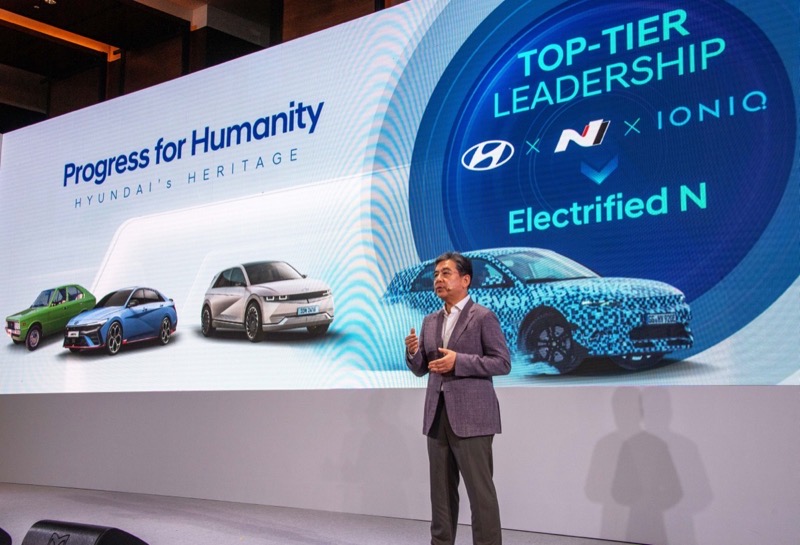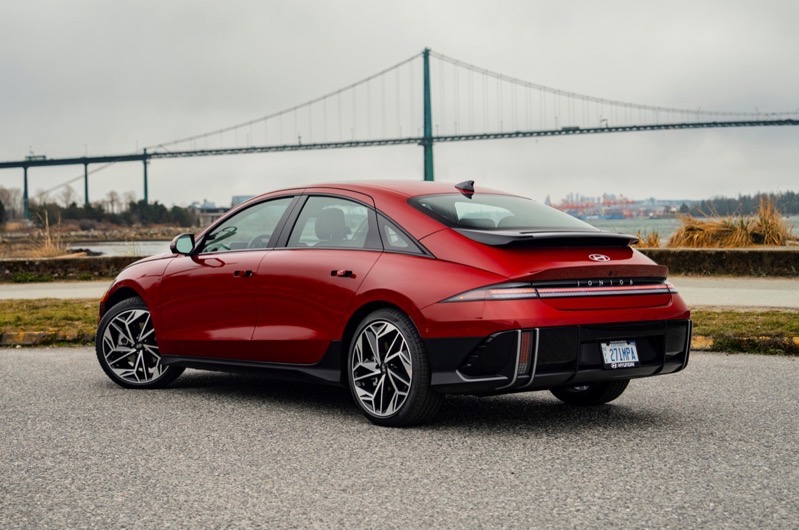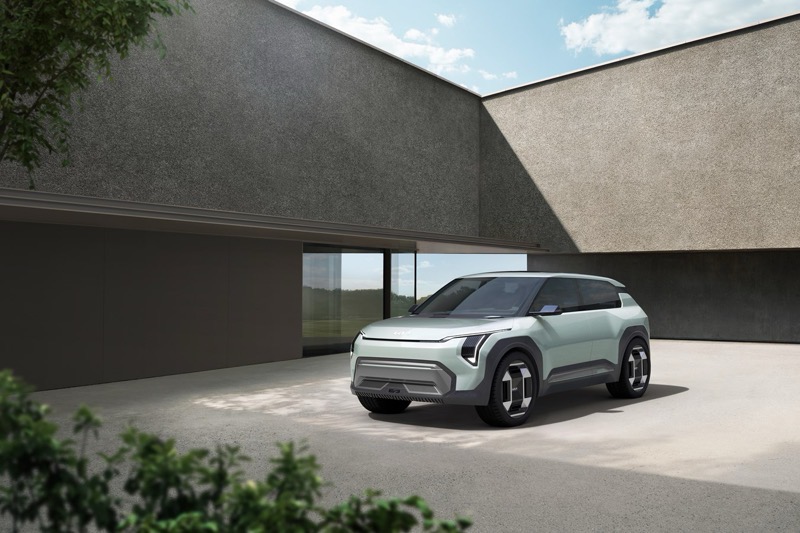
Hyundai to Invest $28 Billion for Ongoing EV Push

Hyundai Motor Company, in its 2023 CEO Investor Day earlier this week, shed light on its plans to expedite its transition into electrification and to become a leading provider of smart mobility solutions. The plans are based on its innovative new strategy, dubbed the ‘Hyundai Motor Way’.
The ‘Hyundai Motor Way’ will be powered by a massive investment of KRW 109.4 trillion over the next decade ($84 billion USD). This bold step underlines Hyundai’s commitment to establishing itself as a key player in future mobility areas like autonomous driving, robotics, advanced air mobility, and hydrogen fuel.
Senior executives, including President and CEO Jaehoon Chang, shared their roadmap for the future of Hyundai Motor. The blueprint includes major goals such as an annual EV sales target of 2 million units by 2030, increased EV production, development of next-generation batteries, and a strong focus on future-oriented businesses. Hyundai said $27.5 billion USD will be invested toward its ongoing electrification strategy.
“The unique value of a company with a rich legacy lies in the cultivation of innovation, guided by the technology and knowledge accumulated over the years,” said President and CEO Chang. He expressed optimism about the upcoming launch of IONIQ 5 N, a high-performance EV expected to be unveiled in July.
The linchpin of the new strategy is the Integrated Modular Architecture (IMA), Hyundai’s second-generation dedicated EV platform set to replace the current E-GMP EV platform. This new platform, projected to underpin 13 new dedicated EV models from Hyundai, Kia, and Genesis by 2030, aims to reduce costs and complexity in EV development by standardizing modules and parts across models.
The innovative IMA allows for over 80 common modules to be used across different vehicle types, including small and large SUVs, pickup trucks, and the flagship models of the Genesis brand. This allows for greater flexibility and efficiency, leading to cost savings.
The company also plans to employ a range of battery solutions, including next-generation NCM batteries and LFP batteries, in its second-generation platform. Hyundai is also exploring different battery form factors for greater versatility. Cutting-edge technology will be applied to enable charging and discharging of batteries while driving, and an AI-based battery management system will ensure safety by preventing thermal runaway.
These improvements are a part of Hyundai Motor’s software-defined vehicle (SDV) strategy, aimed at building an app ecosystem with Level 3 and higher autonomous driving capabilities and over-the-air (OTA) update advancements.
Sounds promising right? Well, again it will come down to mass production. So far automakers have struggled to keep up with EV demand, with wait times stretching from months to years–except for Tesla.

